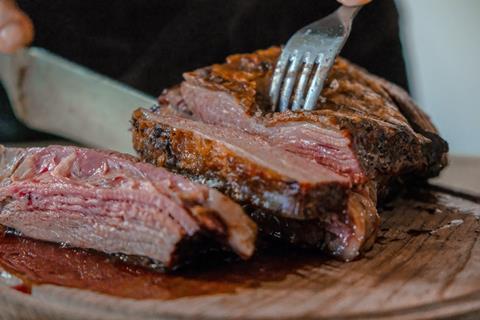
Publishing: 9 October
Advertising deadline: 29 September
Submissions deadline: 22 September
Download the synopsis here
Feature one: Meat & Poultry by Emma Weinbren Emma.Weinbren@thegrocer.co.uk
Following years of stagnation, retail meat sales soared during the pandemic. But that doesn’t mean the arguments for cutting back on meat went out of the window. Consumers are more concerned than ever about sustainability and their health in the wake of Covid. That’s been noted by the industry, as suppliers look to cut their carbon footprint and create healthier products – for example, nitrate-free bacon. So how will this mindset impact on meat sales now that out-of-home is reopening? Will people go for ‘less but better’ cuts? Given that more premium cuts did well during Covid, will this continue? And who will win here?
Health: Even with the pandemic ebbing, questions about how meat fits into a healthy diet persist. With many seeking to cut back on meat, how can the category continue to prosper? Will they ask more questions about the origin of their roast? And how are innovators managing to reduce carcinogens?
Premiumisation: Consumers switched up in the meat category throughout the pandemic, buying better cuts of meat to emulate that restaurant experience. With hospitality newly opened, can this persist? And will more health-conscious consumers opt for better cuts of meat?
Sustainability: Meat farming is an infamous emitter of greenhouse gases, and directly linked to deforestation in the Amazon. That’s combined with the environmental costs of moving it around the world. Consumers are aware of all this, but is it affecting their shopping decisions? And what are suppliers doing to address pressure from supermarkets?
Eggs: Egg value sales have risen in the last year by 5.7%, with volume sales falling by 2.1%, with more of the category being sold without promotions. With home baking and eating occasions set to decline with the end of lockdown, what does the future look like for the category?
Meat tax: Speculation has grown that Leon founder Henry Dimbleby could call for taxes that affect meat as part of his report into healthier eating. How would this affect the category.
Feature two: Fish by Rob Brown rob_j_a_brown@hotmail.com
The pandemic saw shoppers re-examine the frozen aisle, spurred by a desire to recreate fancy meals at home. Even with lockdown easing, a July poll by Censuswide found 40% of parents were considering the category more actively than before the pandemic. Convenience, reducing supermarket trips, and cutting food waste are among the motives. So can fish defy the post-lockdown trend of falling frozen food sales? Will suppliers overturn perceptions that frozen is lower quality than fresh? And can innovation bring more attention to frozen fish?
Ambient: Canned fish sales have recently fallen below pre-pandemic levels. As such it is no surprise that fish companies have been experimenting with new formats within the ambient aisle. John West lately unveiled on-the-go salads, explicitly stepping away from the notion of fish in a can and seeking to address customer needs directly. Will the bet pay off for the company, and will its peers follow it?
Health: With fish long noted for its health benefits, Birds Eye has been attempting to attract more health-conscious consumers by highlighting the functional aspects of its products. As many consumers become more health conscious, will other brands follow suit?
Trade agreements: Fishing has been central to the Brexit debate, both in terms of what the UK can import and export. An agreement has been signed between the UK and Norway and Iceland, which supply much of the fish that ends up on British plates, but a deal on fishing quotas has yet to be agreed. So how will trade barriers continue to define the category in the coming years?
Sustainability: While fishing is a key contributor to biodiversity loss in our oceans some in the industry are working hard to make amends. Among the measures are better on-board monitoring of tuna in the Indian Ocean, rigorous salmon counting in Alaska, and bans on bottom trawling in areas of the North Sea. Many brands have been reducing their packaging as well. But will it be enough to keep consumers on side amid adverse publicity from campaigns like the Seaspiracy documentary?
Innovation: Identify four new premium products or product ranges that have ideally not appeared in The Grocer before. Supply details, including launch date and rsp, and a hi-res picture.
Downloads
GRO Meat Fish Eggs 2021
PDF, Size 0.12 mb










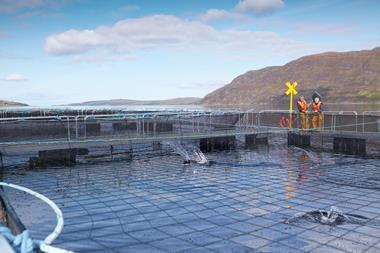

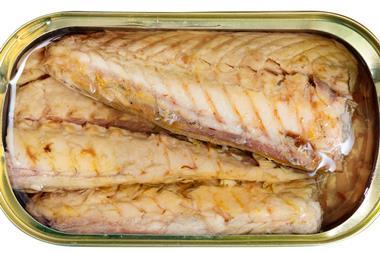

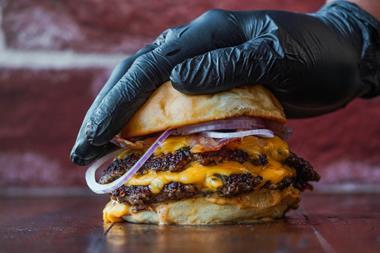
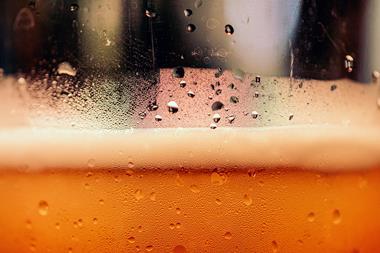
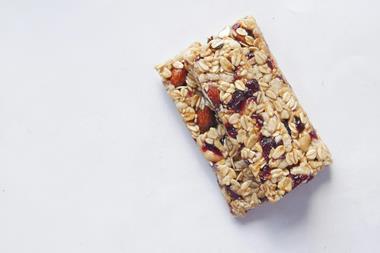


No comments yet